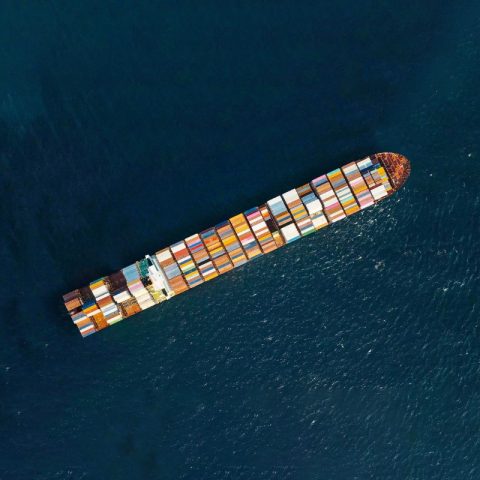
Shippers declare Force Majeure as Red Sea attacks continue
Photo Happag-Lloyd
Shipping majors Hapag-Lloyd and CMA CGM have decided to declare Force Majeure on sailing the Red Sea. Hapag-Lloyd’s vessel Al Jasrah, has recently come under attack by the Houthi militia, prompting the company to make the decision.
Want to read more?
You have read all of your free premium articles for this month. Please become a subscriber to keep reading.
Subscribe now!
Take advantage of our exclusive offer to get full access to all premium content.




